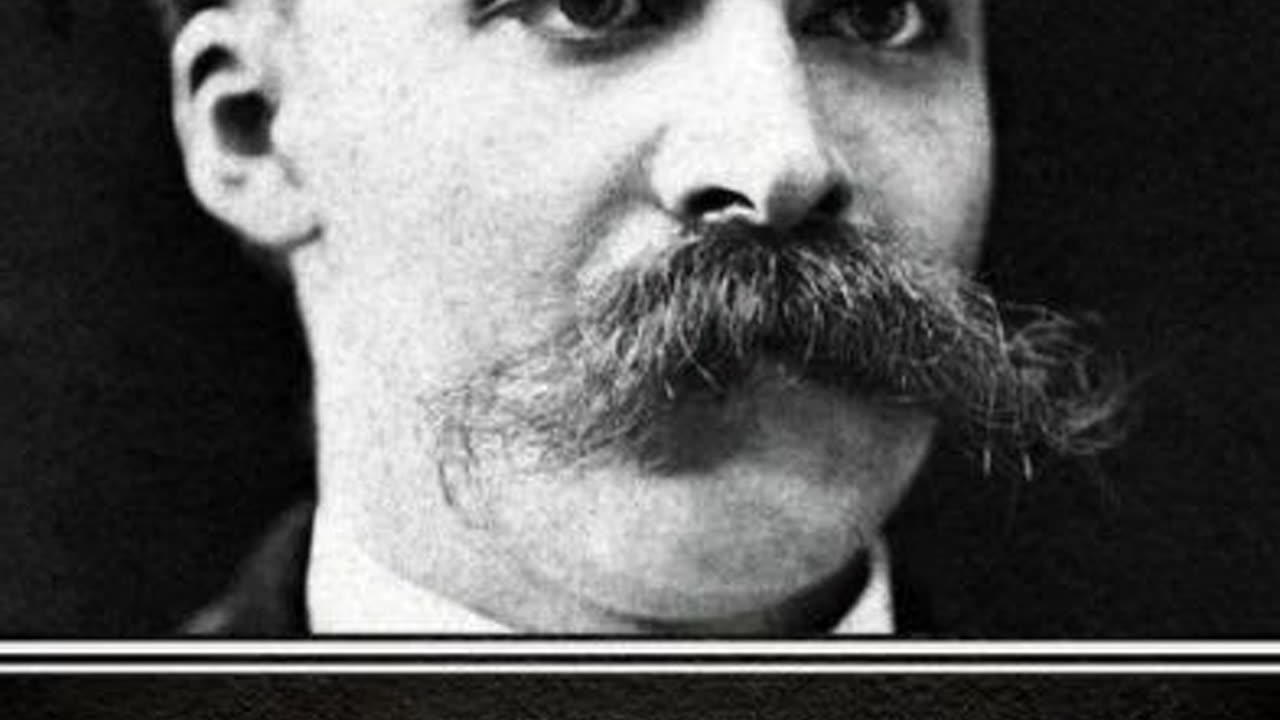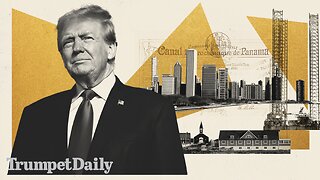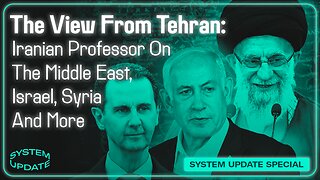Premium Only Content

The Will to Power by Friedrich Nietzsche | Summary and Critique
Buy Here: https://amzn.to/3PrajML
"The Will to Power is a book written by Friedrich Nietzsche, a 19th-century philosopher. In this work, Nietzsche explores various themes related to human nature, morality, and the nature of power. While the book was never completed by Nietzsche himself, it is composed of a collection of his notes and writings, arranged by his sister after his death.
Nietzsche argues that the driving force behind human actions is the ""will to power."" According to him, power is a fundamental aspect of human existence, and individuals are constantly striving to exert their power and dominate others. He believes that this will to power is not limited to physical dominance but also extends to intellectual, artistic, and moral spheres.
Nietzsche criticizes traditional morality, which he refers to as ""slave morality."" He argues that slave morality arises from a sense of resentment and weakness, where the values of good and evil are determined by those who lack power. In contrast, Nietzsche champions a morality of the ""übermensch"" or the ""overman,"" who embraces his own will to power and creates his own values beyond the limitations imposed by society.
The concept of the ""eternal recurrence"" is another important theme in The Will to Power. Nietzsche suggests that the universe is infinite and cyclical, and everything that has happened will happen again an infinite number of times. This idea challenges individuals to embrace life fully and live in a way that they would willingly repeat every moment for eternity.
Critics of Nietzsche argue that his philosophy promotes a dangerous elitism and dismisses the value of compassion and empathy. They claim that his emphasis on the will to power overlooks the interconnectedness of human beings and neglects the ethical considerations necessary for a harmonious society.
Overall, The Will to Power is a complex and controversial work that delves into Nietzsche's ideas on power, morality, and the nature of existence. It presents a critique of conventional morality and advocates for individuals to embrace their own will to power and create their own values. However, it also raises ethical concerns and has been subject to criticism for its potential to promote elitism and disregard the well-being of others."
-
 1:08:31
1:08:31
Kim Iversen
4 hours agoWhat Happens If You Refuse to Vaccinate Your Kids? | Days After CHD Sues Meta, Zuckerberg Says ‘No More Censorship’, Coincidence?
36.4K21 -
 LIVE
LIVE
Nobodies Live
3 hours ago $1.37 earnedNobodies Rumble TEST STREAM
445 watching -
 LIVE
LIVE
Man in America
8 hours agoEXPOSED: The Dark Web of UK Rape Gangs, Political Blackmail, and Corruption w/ David Vance
687 watching -
 54:35
54:35
LFA TV
1 day agoTrump’s Vision for North America | TRUMPET DAILY 1.8.25 7pm
4.58K -
 LIVE
LIVE
ChiefsKingdomLIVE
28 minutes ago2025 NFL Playoffs Preview Show!
52 watching -
 LIVE
LIVE
Flyover Conservatives
21 hours agoA Detailed Plan on How to ELIMINATE Income Tax w/ PBD, John Stossel, Dr. Kirk Elliott | FOC Show
603 watching -
 1:09:33
1:09:33
Glenn Greenwald
6 hours agoThe View From Tehran: Iranian Professor On The Middle East, Israel, Syria, And More | SYSTEM UPDATE #385
32.7K46 -
 DVR
DVR
Space Ice
5 hours agoSpace Ice & Redeye: Steven Seagal's True Justice Feat. Sensei Seagal
9.57K1 -
 1:00:18
1:00:18
The StoneZONE with Roger Stone
3 hours agoRobert Davi on The Goonies & Fighting for Trump | Stone for Governor of Canada? | The StoneZONE
13.2K1 -
 3:07:07
3:07:07
b0wser
3 hours agoIs Chivalry Dead? | Get Off My Lawn Gaming | b0wser did it
45.2K6